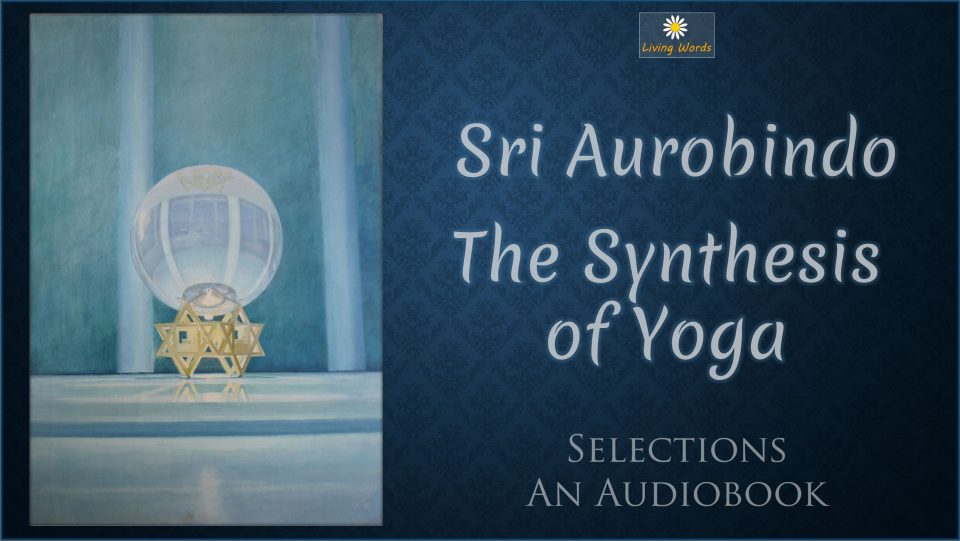All Yoga is in its nature a new birth; it is a birth out of the ordinary, the mentalised material life of man into a higher spiritual consciousness and a greater and diviner being. No Yoga can be successfully undertaken and followed unless there is a strong awakening to the necessity of that larger spiritual existence. The soul that is called to this deep and vast inward change, may arrive in different ways to the initial departure. It may come to it by its own natural development which has been leading it unconsciously towards the awakening; it may reach it through the influence of a religion or the attraction of a philosophy; it may approach it by a slow illumination or leap to it by a sudden touch or shock; it may be pushed or led to it by the pressure of outward circumstances or by an inward necessity, by a single word that breaks the seals of the mind or by long reflection, by the distant example of one who has trod the path or by contact and daily influence. According to the nature and the circumstances the call will come.
But in whatever way it comes, there must be a decision of the mind and the will and, as its result, a complete and effective self-consecration. The acceptance of a new spiritual idea-force and upward orientation in the being, an illumination, a turning or conversion seized on by the will and the heart’s aspiration, —this is the momentous act which contains as in a seed all the results that the Yoga has to give. The mere idea or intellectual seeking of something higher beyond, however strongly grasped by the mind’s interest, is ineffective unless it is seized on by the heart as the one thing desirable and by the will as the one thing to be done. For truth of the Spirit has not to be merely thought but to be lived, and to live it demands a unified single-mindedness of the being; so great a change as is contemplated by the Yoga is not to be effected by a divided will or by a small portion of the energy or by a hesitating mind. He who seeks the Divine must consecrate himself to God and to God only.
CWSA 23: 69 – 70





